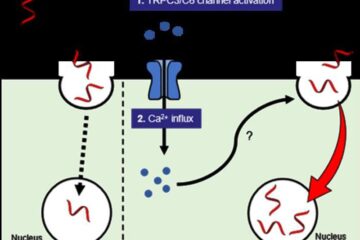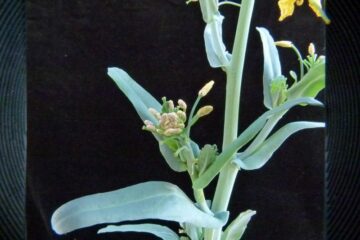How Fair is Your Love?

But he warned that flowers bought for Valentine Day and Mother's Day could, quite literally, be costing the earth.
Ecologist Dr David Harper said ten thousand tonnes of roses sold in the UK over Valentine’s Day and Mother’s Day are part of the devastation of the ecosystem of Kenya’s renowned Lake Naivasha. Dr Harper, who has been studying the lake for 25 years, says almost half a million people now live around the shores of the lake – drawn there by the flower trade. But this pressure – from people – is destroying the lake that supports their jobs lives and their livelihoods.
Dr Harper said the shanty towns that have emerged around the lake have no sanitation- water comes from the lake and sewage returns to it.
But now there is the beginning of hope for its restoration.
Dr Harper said:
“When flower-growing developed around the shores of Naivasha, it was a booming business, fuelled by insatiable UK demand. Nothing stops its expansion or the surge of migrants from other parts of Kenya to work in it.
“The lake is being destroyed at an alarming rate by the sheer pressure of people on it. They are poor, uneducated people who are more concerned about their next meal than the health of the environment. So would any one of us be in these circumstances. This is a stark fact of life in a capitalist, developing country seeking to improve its economic condition.
“Every few months another newspaper or TV carries a report about the starvation wages or working conditions and workers’ rights in Kenya, compared with the supermarket profits in the UK. They create a negative image for the industry but they all miss the main point. If flower-growing stops nearly a million people lose their livelihoods. There is no social security in Kenya”.
Dr Harper has been working in Kenya with NGOs to introduce a scheme called “Payment for Ecosystem Services” (PES) where flower growers put a small premium back into restoring the environment that their water came from.
“This is very good news. The companies that are the most conscious and involved in PES are those that sell directly to UK supermarkets”
“Now these companies need support; a new certification so that British consumers, who have huge purchasing power and with knowledge can use it to help make positive changes.”
“These flower-growing companies at Naivasha sell with ‘Fair Trade’ certification. But what good is that when soon the industry will be brought to its knees by the collapse of the ecosystem that sustains it?”
“We need both “Fair Trade” and “Fair Planet”.
“What we now need is the supermarkets to come on board, to create a 4-way partnership – consumers paying a premium and knowing where the money is going, supermarkets supporting with horticultural growers, each putting in matching funds, and an international NGO managing the restoration funds”.
Harper has put detailed proposals for lake restoration to that international environmental NGO as well as to UNESCO, who have also funded him.
Media Contact
More Information:
http://www.le.ac.ukAll latest news from the category: Ecology, The Environment and Conservation
This complex theme deals primarily with interactions between organisms and the environmental factors that impact them, but to a greater extent between individual inanimate environmental factors.
innovations-report offers informative reports and articles on topics such as climate protection, landscape conservation, ecological systems, wildlife and nature parks and ecosystem efficiency and balance.
Newest articles

Evidence for reversible oxygen ion movement during electrical pulsing
…enabler of the emerging ferroelectricity in binary oxides. In a recent study published in Materials Futures, researchers have uncovered a pivotal mechanism driving the emergence of ferroelectricity in binary oxides….

Next-generation treatments hitch a ride into cancer cells
Researchers from Osaka University discover that opening a channel into cancer cells helps antisense oligonucleotide drugs reach their targets. Antisense oligonucleotides (ASOs) are next-generation drugs that can treat disease by…

Boron deficiency: oilseed rape reacts as with infection and pest infestation
Genetic mechanisms uncovered… Boron deficiency has a devastating effect on oilseed rape and related plants. However, little is known about the underlying genetic mechanisms. A study shows that the response…





















